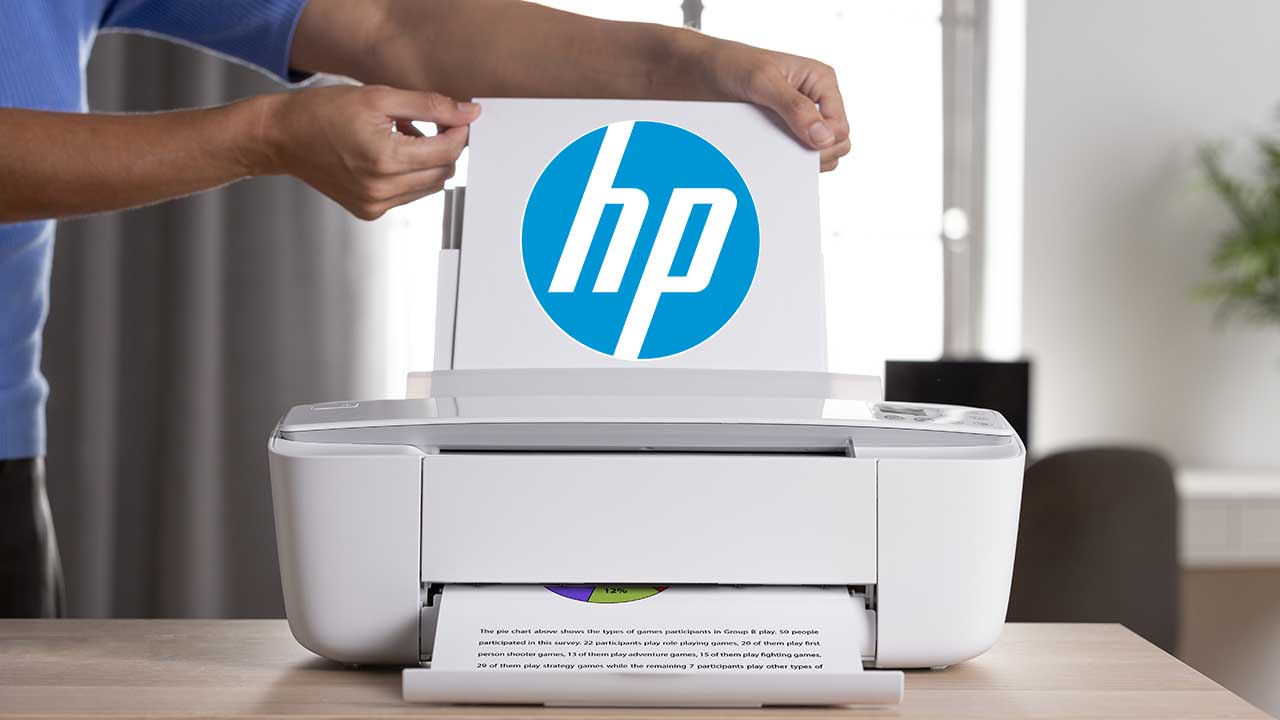In recent years, controversies have arisen surrounding the commercial tactics of the technology company HP regarding its printers and ink business.
It has been revealed that the company is looking to encourage users to subscribe to a program that not only provides them with ink but also offers other services related to printers.
According to reports, when HP sells a printer, it incurs losses, so it seeks to offset those losses through the sale of supplies such as ink.
This is why the company has aggressively promoted its monthly subscription program, Instant Ink.

According to statements from HP’s Chief Financial Officer, Marie Myers, subscription models like Instant Ink can represent a 20% increase in customer value, as they are “secured” for a longer period.
In its latest financial report, HP named Instant Ink as one of its key growth areas.
When asked about criticisms of rising ink prices, CEO Enrique Lores responded that this business model has evolved over time. HP clarifies on its printer boxes and website which ones use Dynamic Security technology to validate cartridges.

However, even with that information, it is not clear whether an HP printer will immediately work with third-party ink. HP sells models that currently accept alternative inks but warns that it may update them in the future to block non-original cartridges.
This is because HP considers that when someone buys one of its printers, the company is investing in that customer. Therefore, it seeks to reduce the number of “unprofitable” customers—those who do not print enough or do not use HP supplies.
HP hopes that customers who have already paid for a printer will continue to pay for years. Customers expect their purchase to pay for itself in the long run without having to commit to using only HP-branded ink.
Join Facialix’s official channel for more news, courses, and tutorials
If the company fails to make them feel benefited, rather than committed, they may stop seeing HP printers as a good investment.
Source: Interview with Enrique Lores on YouTube by CNBC.